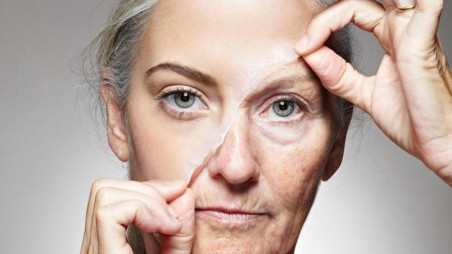- Jun 14,2023
- Posted by: Savion
- Category:

Scientists in the field of aging have called for extensive clinical trials on the substance "taurine," considering that its deficiency in the body accelerates aging, while its availability can lead to increased lifespan.
Scientists are still investigating whether the required high doses are safe, especially since taurine is naturally produced in the body and is used in supplements in small doses, particularly in energy drinks.
According to a study conducted by researchers from Columbia University and published in the journal "Science," taurine has shown the ability to slow down the aging process in worms, mice, and monkeys, and it can extend the healthy lifespan of mice in midlife by up to 12 percent.
Taurine is a dietary element produced in the body and is found in many foods, with energy drinks being at the forefront.
Vijay Yadav, the leader of the research team, said that taurine abundance decreases with age, while reversing this decline could prolong the lives of animals and improve their health.
He emphasized that successful experiments on animals are likely to have relevance to humans ultimately.
He added, "The study concludes that taurine can be an elixir of life within us, helping us live longer and healthier lives."
Other evidence suggests that taurine supplements may have some effects on humans.
Yadav and his team analyzed medical data from over 12,000 Europeans aged 60 or older.
The research team found that individuals with high taurine levels had lower rates of obesity, type 2 diabetes, and high blood pressure, along with lower inflammation levels.
The researchers mentioned that intense training sessions, such as cycling workouts, boost taurine levels.
Yadav further explained, "We realized that if taurine regulates all these processes that decline with age, then taurine levels in the bloodstream may affect overall health and lifespan."
The researchers concluded that taurine levels significantly decrease with advancing age, with taurine levels in 60-year-old adults being approximately one-third of those in five-year-old children.
The researchers began with nearly 250 mice that were 14 months old (equivalent to around 45 human years).
Every day, the researchers fed half of the mice taurine, and at the end of the experiment, they found that taurine increased the average lifespan by 12 percent in female mice and 10 percent in male mice.

